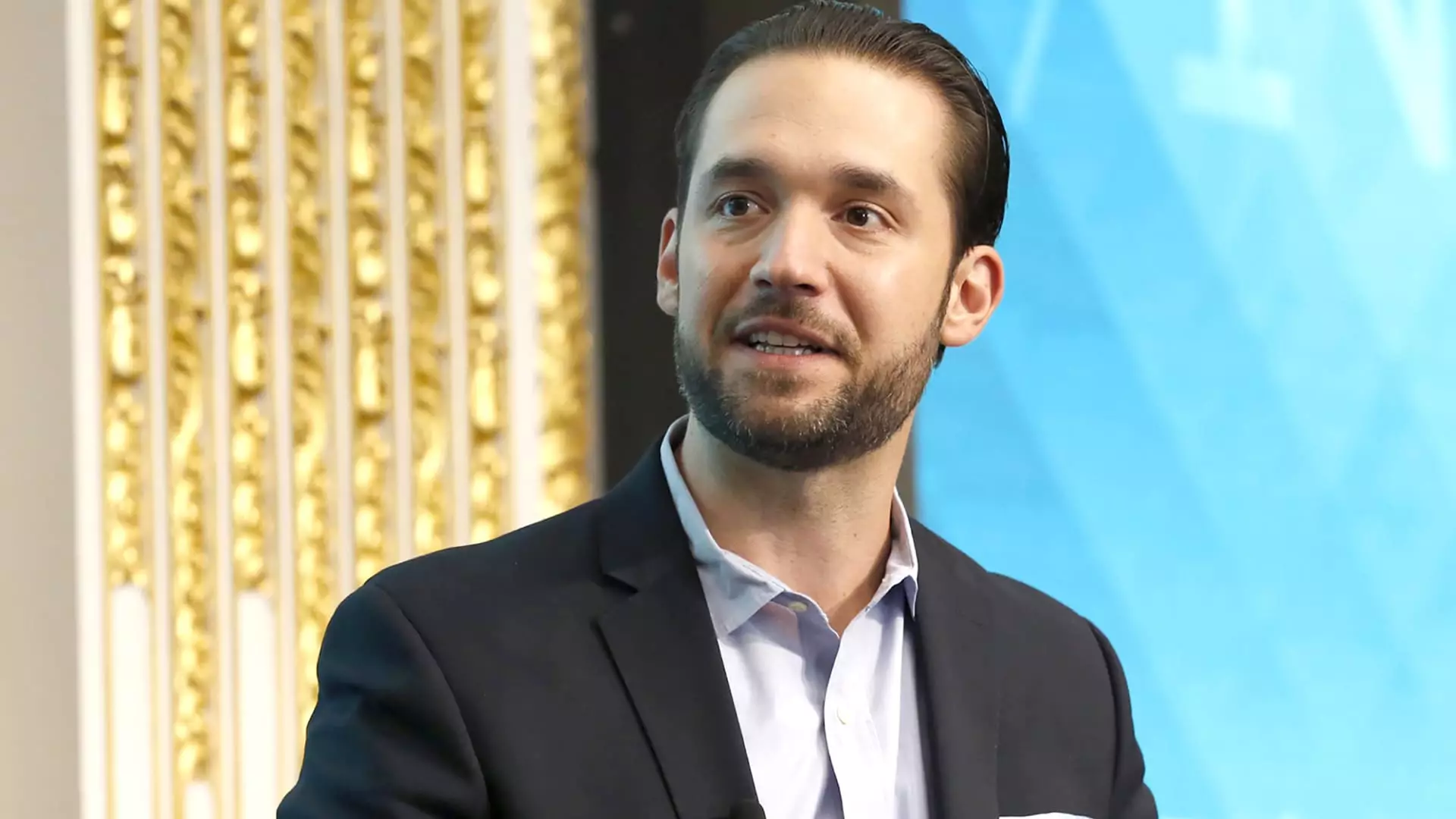Digg, once heralded as the pinnacle of online content aggregation, is poised for a remarkable renaissance, thanks to the unexpected partnership of Reddit co-founder Alexis Ohanian and Digg founder Kevin Rose. This revival is not merely a nostalgic return to former glory; it represents an innovative dive into the evolving landscape of social media. The acquisition, the terms of which remain undisclosed, is heavily backed by venture capital firms True Ventures and Ohanian’s own Seven Seven Six, suggesting a serious commitment to rejuvenating this digital platform.
During the announcement, a video shared on Digg’s X account demonstrated palpable enthusiasm. Rose reflected on the unforeseen circumstances that brought them together, stating it was a “team-up he would have never imagined 20 years ago.” Such humility from a figure once synonymous with youthful ambition highlights a matured perspective ready to learn from a dynamic and highly competitive environment marked by the meteoric rise of platforms like Reddit and the social media behemoth, Facebook.
The Evolution of Digg’s Identity
Founded in 2004, Digg rapidly captivated users with its innovative feature that allowed them to rate and share stories, becoming a cornerstone for trending news. However, as time wore on and competitors surfaced, Digg lost its luster, washed away by the relentless tide of social media evolution. From boasting a valuation of around $160 million at its prime in 2008, the platform’s decline was stark, underscored by the acquisition of its brand by tech incubator Betaworks for a mere $500,000 in 2012.
Yet, history is often cyclical, especially in the tech world. By harnessing the essence of what made Digg revolutionary—user-driven content curation—while integrating cutting-edge AI innovations, Rose and Ohanian intend to carve out a distinct niche that prioritizes user experience and fosters a community-oriented dialogue devoid of the nihilism that often pervades social media interactions today.
Charting New Waters Amidst Familiar Challenges
The stated mission of the revitalized Digg—to create a platform that prioritizes transparency, rewards genuine contributions, and cultivates meaningful discussions—is an astute acknowledgment of the problems that have plagued contemporary social media platforms. In an era where algorithms often dictate visibility based on user behavior and engagement rather than content merit, the ability to foster authentic conversations and interactions is not only refreshing but essential for user retention and growth.
Ohanian’s enthusiasm for the new venture is evident through his engaging communication with followers, claiming they would be working on something “old… but also very new.” This clever juxtaposition hints at the delicate balance they aim to maintain: staying true to Digg’s roots while innovating to suit modern expectations. Ohanian is no stranger to navigating the competitive waters of social media, as evidenced by Reddit’s thriving success and its notable cultural impact around events like the 2020 meme stock phenomenon.
Shaping the Future of Digital Interaction
In a time of increasing skepticism toward tech companies, Digg’s emphasis on human-centered design could resonate with users disillusioned by the multitude of platforms prioritizing profit over meaningful connections. As the founders steer their ship into uncharted territories, the ultimate challenge will lie in implementing their vision effectively. Can Digg reclaim its relevance in a world dominated by influencers and virality?
The answer remains uncertain, but the pursuit itself heralds possibilities. With Ohanian and Rose at the helm, Digg is not simply trying to recreate the magic of its past. Instead, they are striving to sculpt a new blueprint for content aggregation that transcends past mistakes. The future could see the establishment of a platform where authenticity and community engagement take precedence over sensationalism and clickbait—a refreshing alternative in a crowded market.
While Digg embarks on this ambitious new journey marked by reputable leadership and a clear social commitment, it is also a pronounced reflection of the market’s hunger for more meaningful interactions. This endeavor could potentially redefine how we engage with and perceive content in the digital age, highlighting the perpetual need for platforms to adapt or perish in the relentless march of technology.


Leave a Reply
You must be logged in to post a comment.